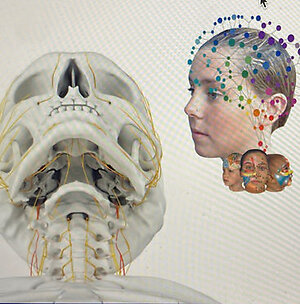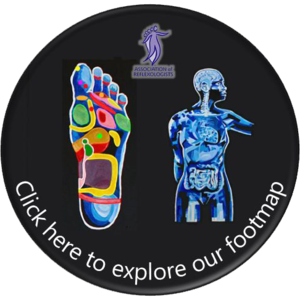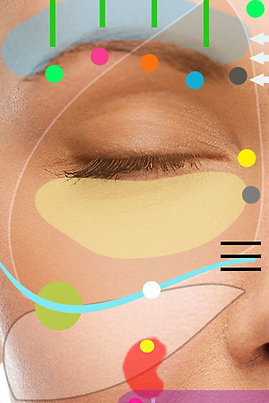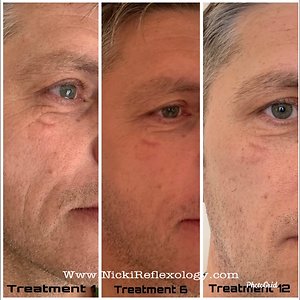Vagus Nerve Stimulation
Mobile Foot Reflexology, Facial Reflexology and Zone Face Lift in Stewkley, Leighton Buzzard, Wing, Linslade, Great Brickhill, Heath an Reach, Woburn, Winslow, Bletchley and Aylesbury
Normally, there is always a balance between the two subdivisions of nervous systems as they work simultaneously keeping the body in a harmonious state; sympathetic and parasympathetic nervous systems.
Every time we find ourselves in a stressful situation, our sympathetic nervous system is activated and is preparing us for a perceived threat that triggers body’s FIGHT or FLIGHT response. Short term, the protective action of this system is very useful, but if the body doesn’t self- regulate and come back into the relaxed state, living by the hormones of stress long term can be very damaging to the overall health.
The other one, the parasympathetic nervous system, which the VAGUS nerve is the main component of, counterbalances that action regulating many of the body processes to return the body back in the REST- RELAX- DIGEST state as the danger is no longer present.
Having a good function of the Vagus nerve is extremely important as it regulates:
Breathing, emotions, gut health, digestion, speech, swallowing, blood pressure, strengthens immune system, it is connected to the Oxytocin (love hormone) receptors, orgasms, bladder movement…
When functioning of the Vagus nerve is not able to perform to the best of its ability, the body and mind become susceptible to a range of health condition, like depression, anxiety, obesity, diabetes, digestive disorders, chronic inflammation…
Using Facial Reflexology to stimulate Vagus nerve has proven to be a very effective way to increase Vagal tone.
This natural and very relaxing therapy has a very positive impact on the Vagus neve through the precise gentle touch- stimulation of different microsystem zones and specific neuro points on the face, scalp, ears and feet, transmitting nerve impulses to targeted areas of the brain and nervous system.
The whole parasympathetic system is engaged, the heart rate and breathing slow down and the body enters a relaxed state where the body’s RELAX- REST- DIGEST response is fully activated.
By keeping the Vagus nerve in good health, you are able to increase/ engage all the higher emotions:
POSITIVITY- GRATITUDE- LOVE& EMPAHY- CONNECTEDNESS- INTUITION- WELLBEING.
Suitable For
This regulation can be achieved by Vagus nerve stimulation as it counterbalances the flight/ fight body response and therefore it is possible to improve many health issues, like:
Regulates the gut-brain connection; bi-directional transportation of neurotransmitters
Calms the body, reduces stress, depression and anxiety
Helps with better sleep
Improves digestion
Regulates the resting heart rhythm, BP, sweating, blood sugar levels
Improves the loss of voice, hoarse or wheezy voice, gag-reflex, control of saliva
And many more…
If you are interested to find out more about the Vagus Nerve and a Polyvagal Perspective clickCLICK HERE





